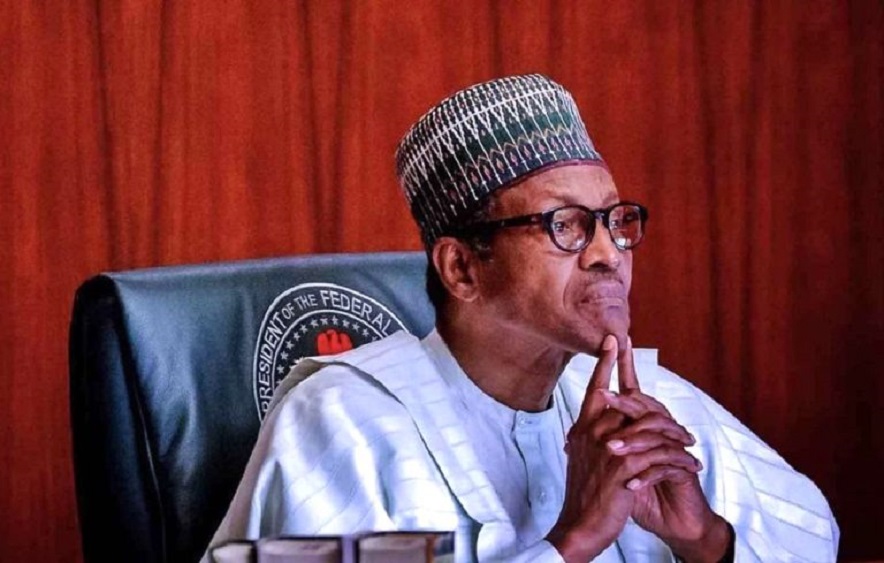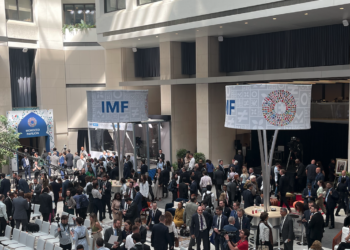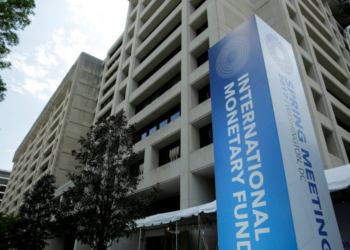The Buhari Media Organisation (BMO), the approved body for operating digital communications of the Presidency, has stated that Nigeria will surpass the International Monetary Fund’s (IMF) projections of 2.6% economic growth in 2021 and 2.7% for 2022.
This was disclosed in a statement by its Chairman, Mr Niyi Akinsiju, and Secretary, Mr Cassidy Madueke, on Sunday in Abuja.
They expressed optimism that the current policies of the FG would boost Nigeria’s economic projections.
What they said
“This is not the first time that IMF is making such projections, but Nigeria never ceases to disappoint it by recording higher economic growth.
“In 2019, IMF had projected a 2.1 per cent economic growth for Nigeria, but against its prediction, Nigeria recorded a real growth of 2.27 per cent in the Gross Domestic Product (GDP).
“In like manner in 2021, IMF also projected that Nigeria’s economy would fall by 5.4 per cent due to the COVID-19 pandemic.
“It later reversed its projection to 4.3 per cent, but contrary to that, Nigeria recorded 1.8 per cent,” the group said.
They added that they disagreed with IMF’s projections, as it was no news that under President Muhammadu Buhari, the non-oil sector was picking up, as seen in its contribution to the GDP.
“The National Bureau of Statistics (NBS) report for the first and second quarters of 2021 showed that the non-oil sector accounted for 90.75 per cent of aggregate GDP in the first quarter and 92.58 per cent in second quarter.
“NBS also noted that this growth was driven mainly by trade, information and communication: mainly telecommunications, transportation, electricity, crop production and manufacturing.
“This is the diversification that President Buhari has been emphasising and even IMF cannot deny the fact that it is working and capable of diving our economic growth,” the BMO said.
In case you missed it
Nairametrics reported last week that the International Monetary Fund predicted that Nigeria’s economy was expected to grow by 2.7% in 2022, stating that growth would remain at that level and also allow stabilization of GDP per capita.
The IMF stated this in its October Regional Economic Outlook for Sub-Saharan Africa: One planet, two worlds, three stories, published on Thursday.
They also noted that projected growth in non-resource-intensive African countries in 2022 had been eased by –1.0 percentage points to 5.4 percent, while for oil exporters, 2022 growth had been upgraded by 0.3 percentage points to 2.7 percent.



















